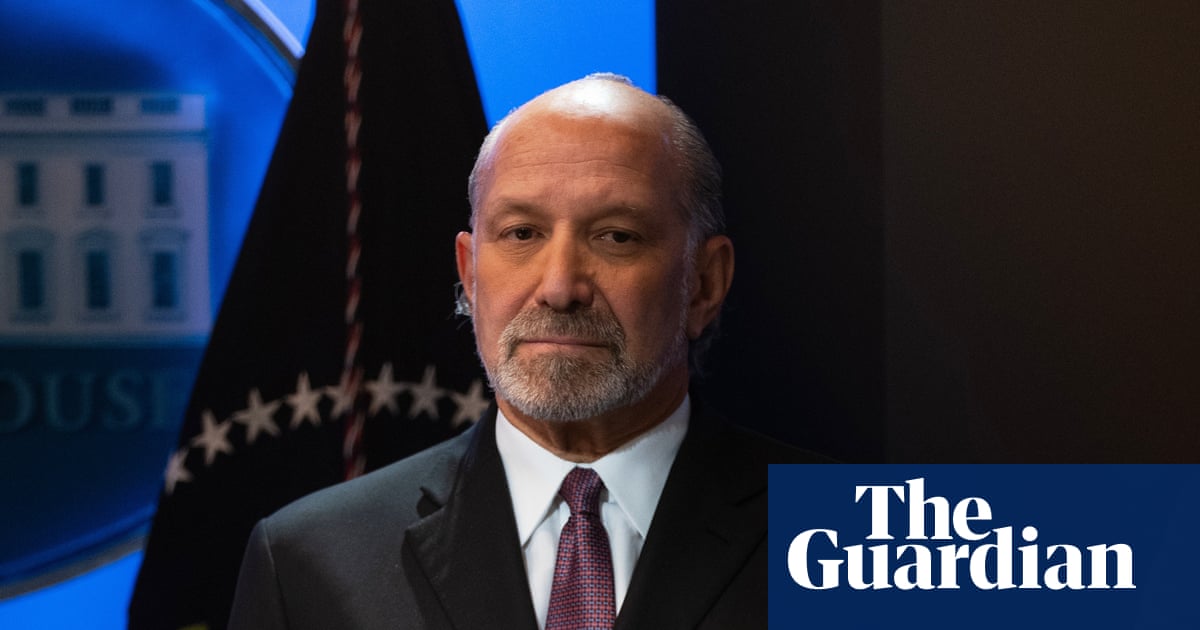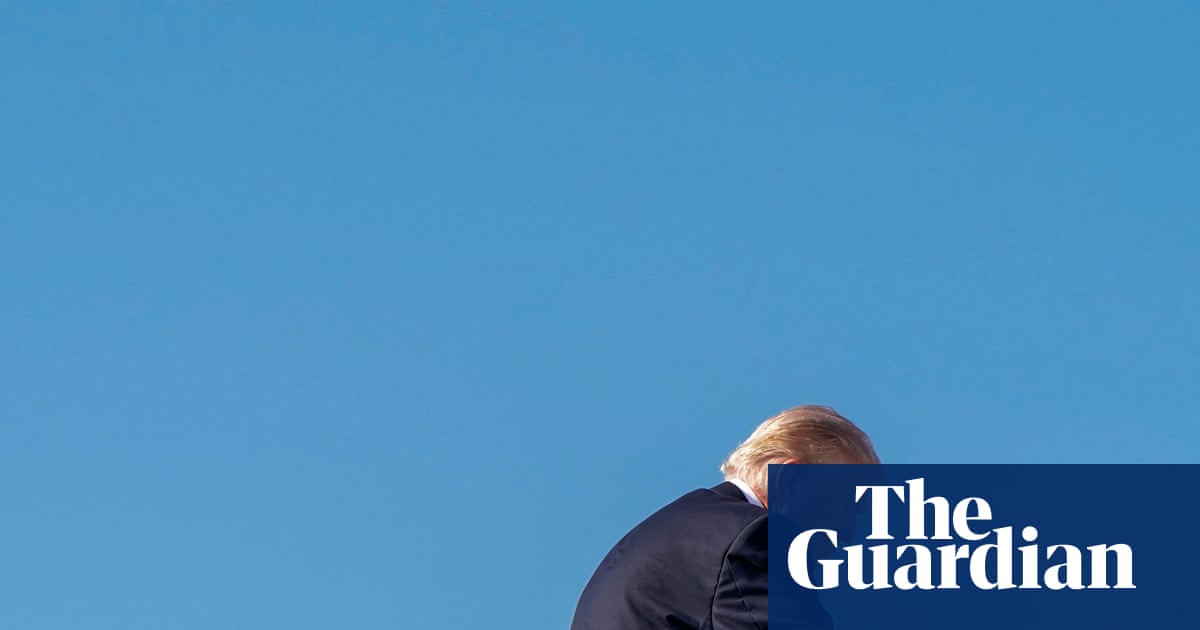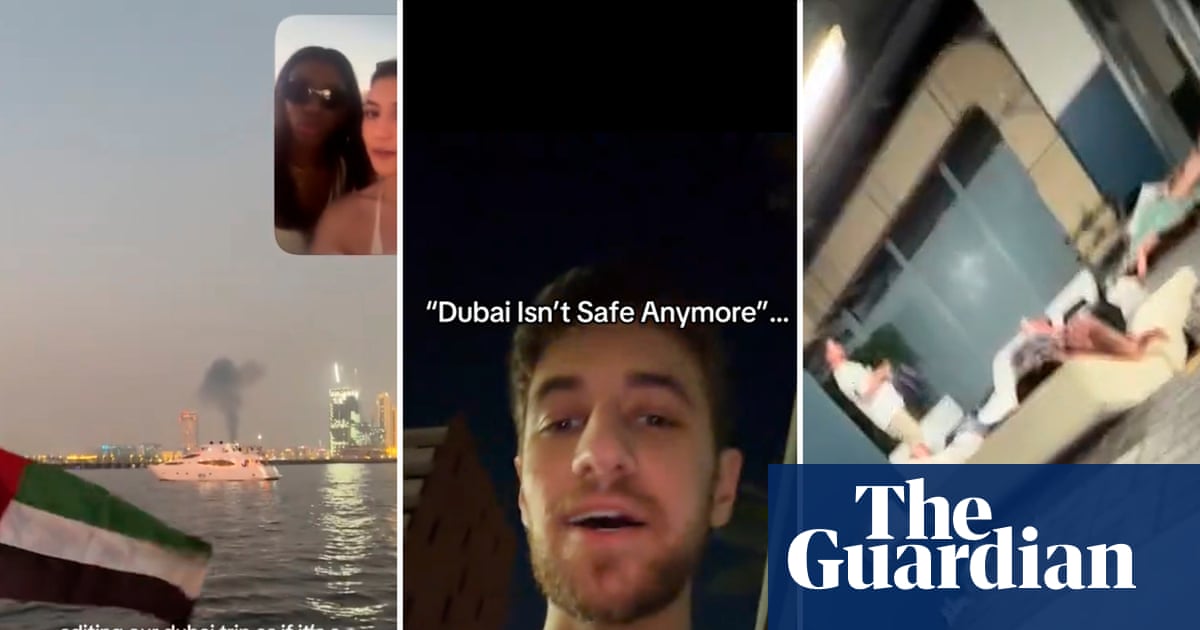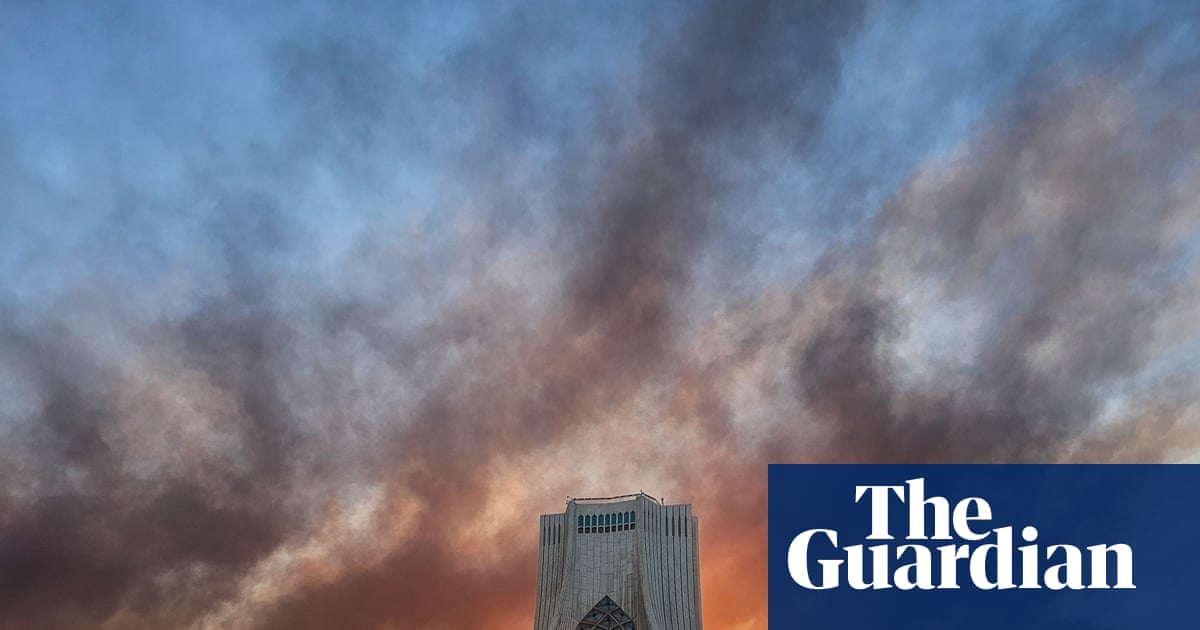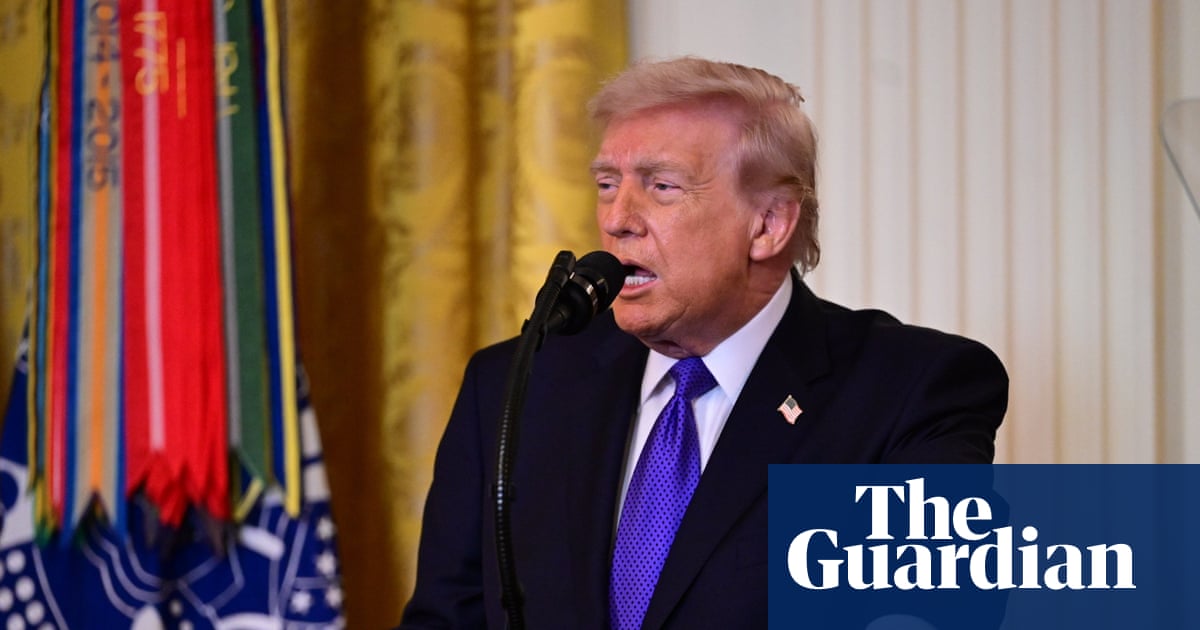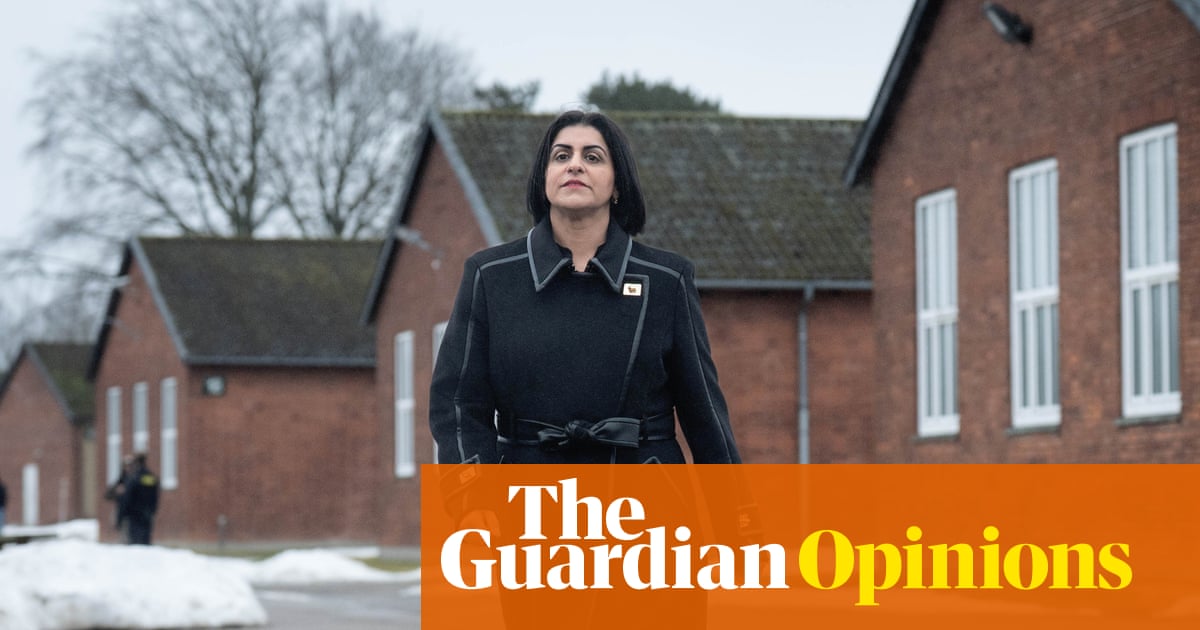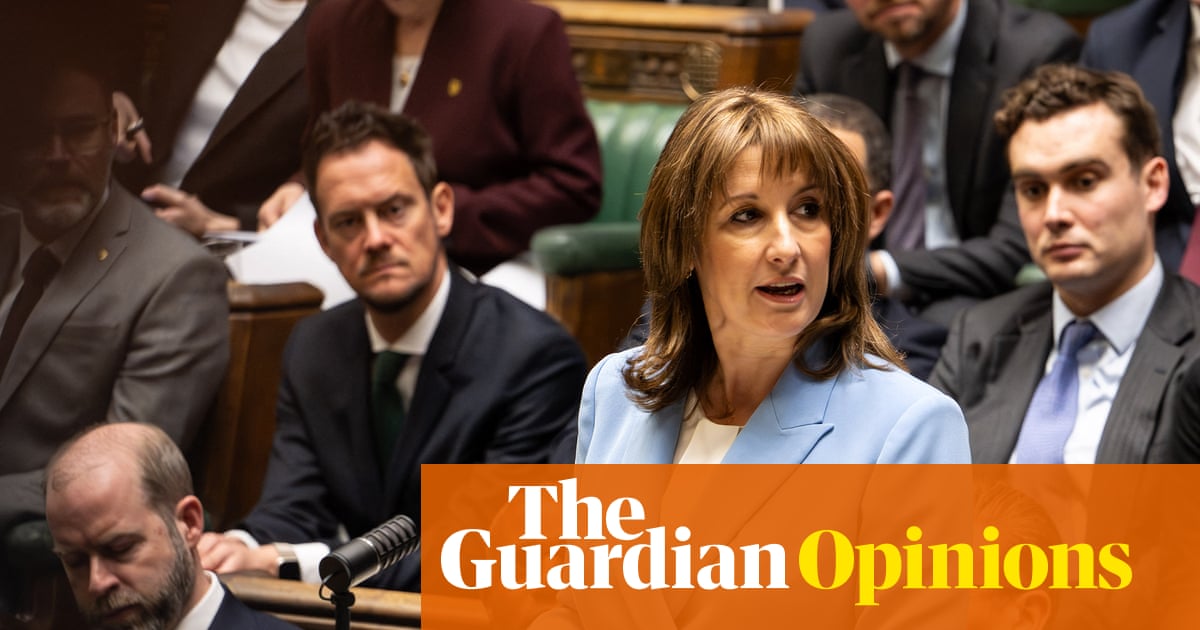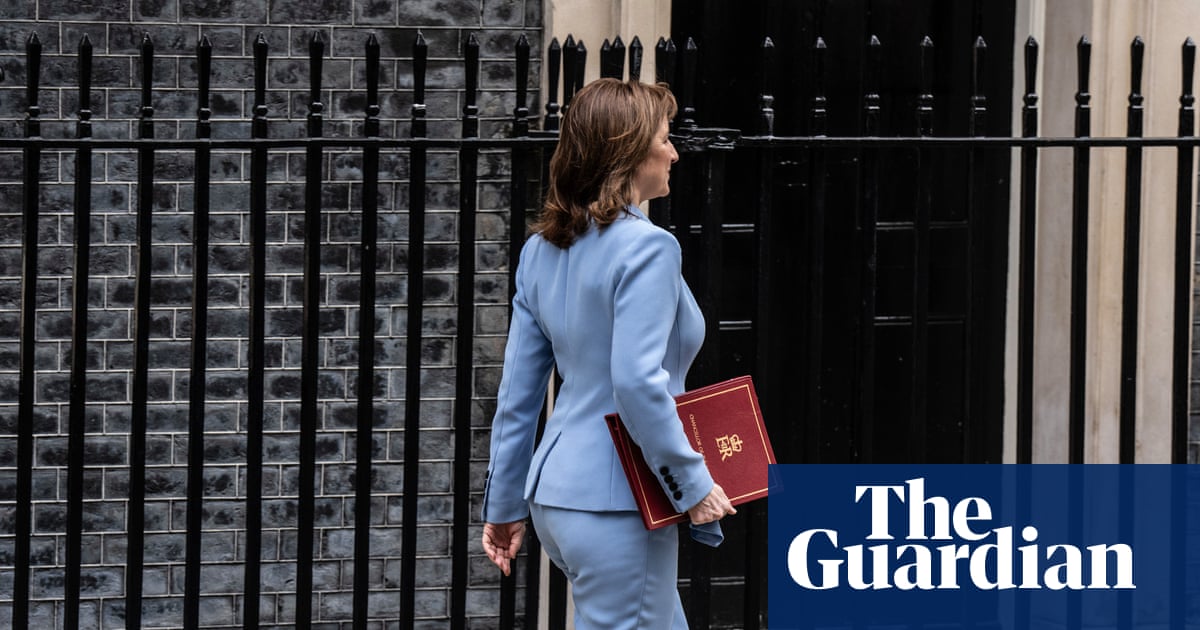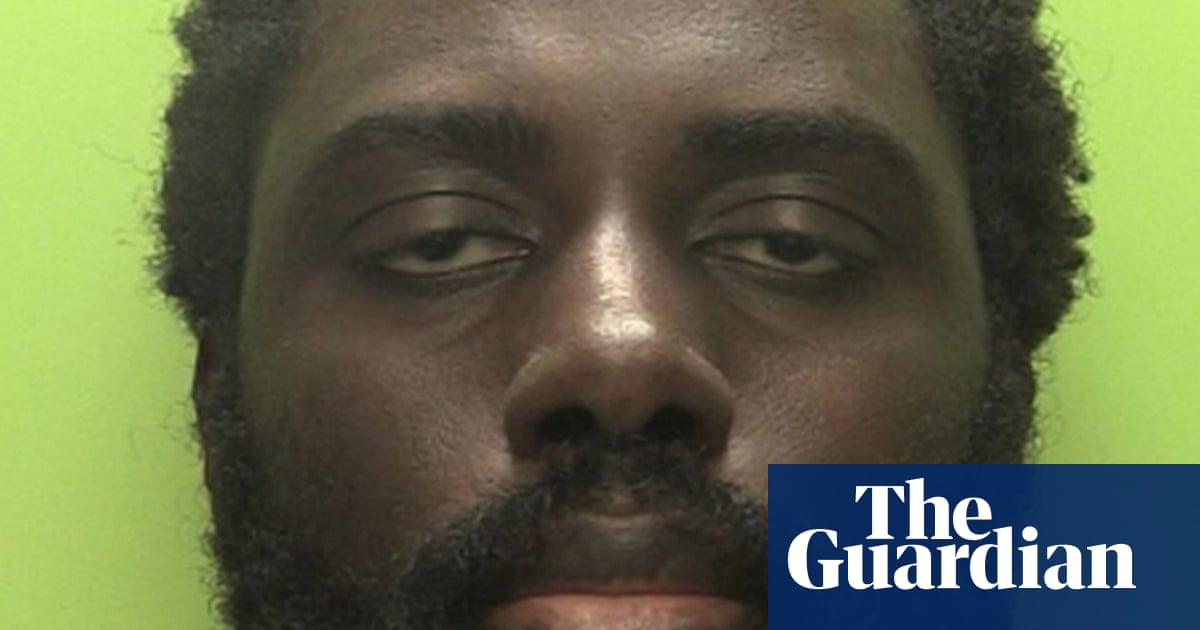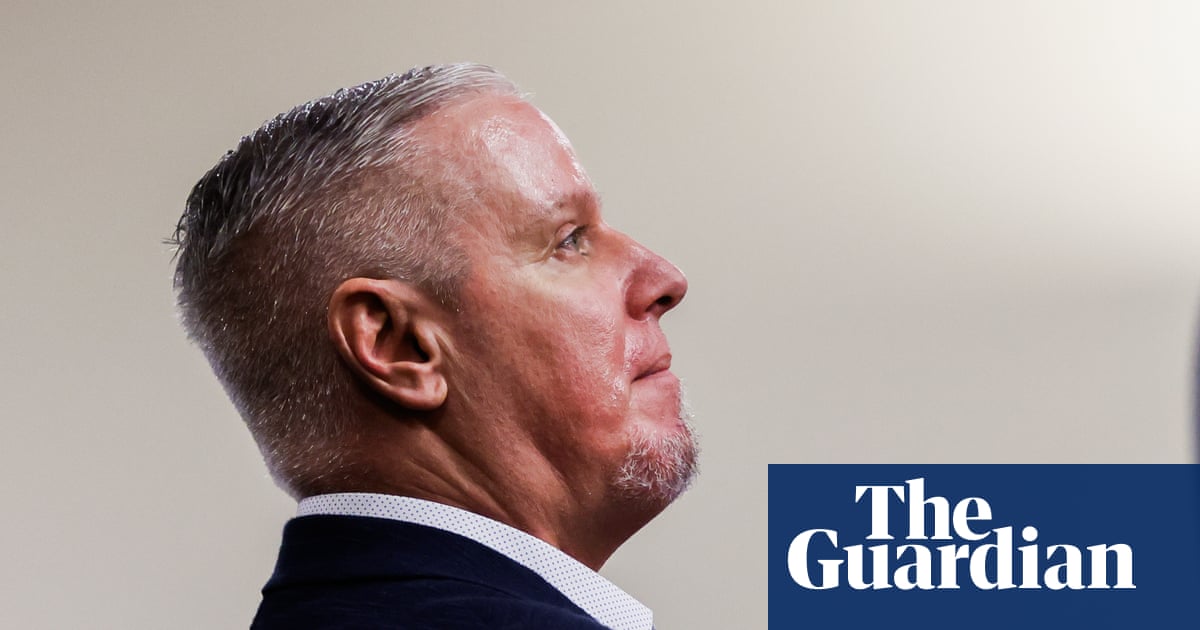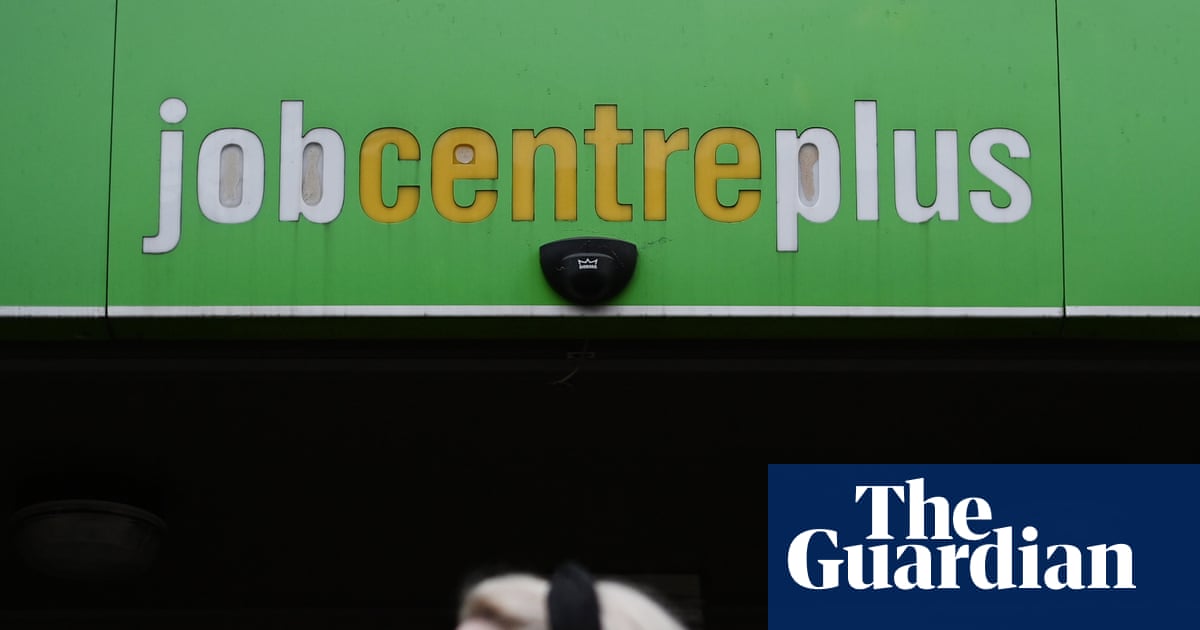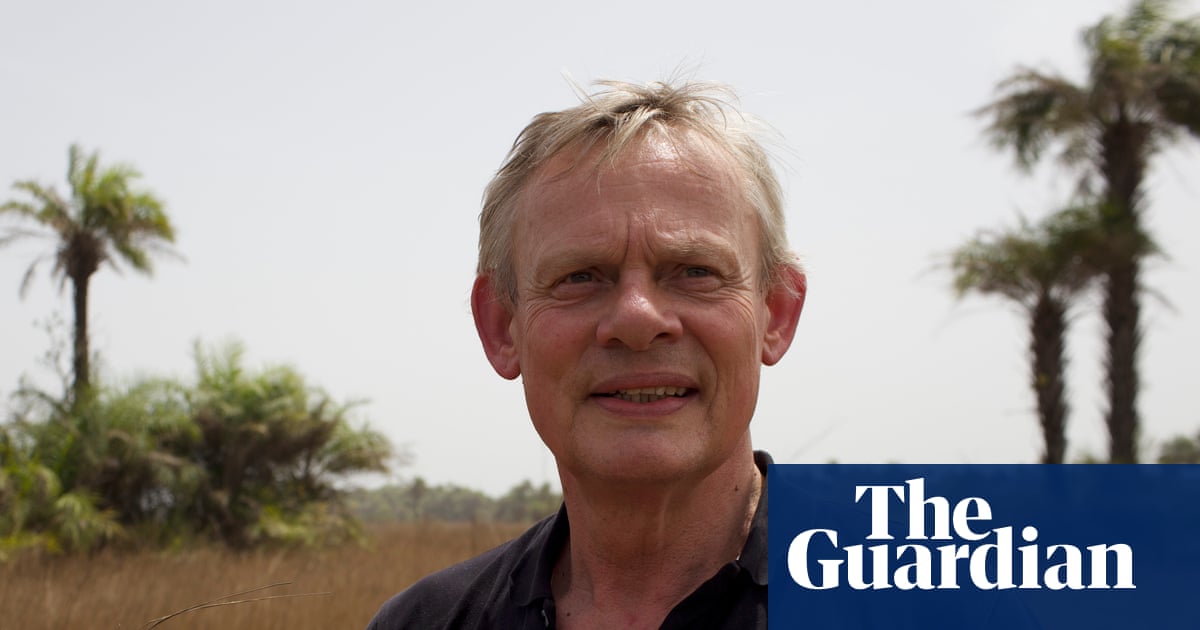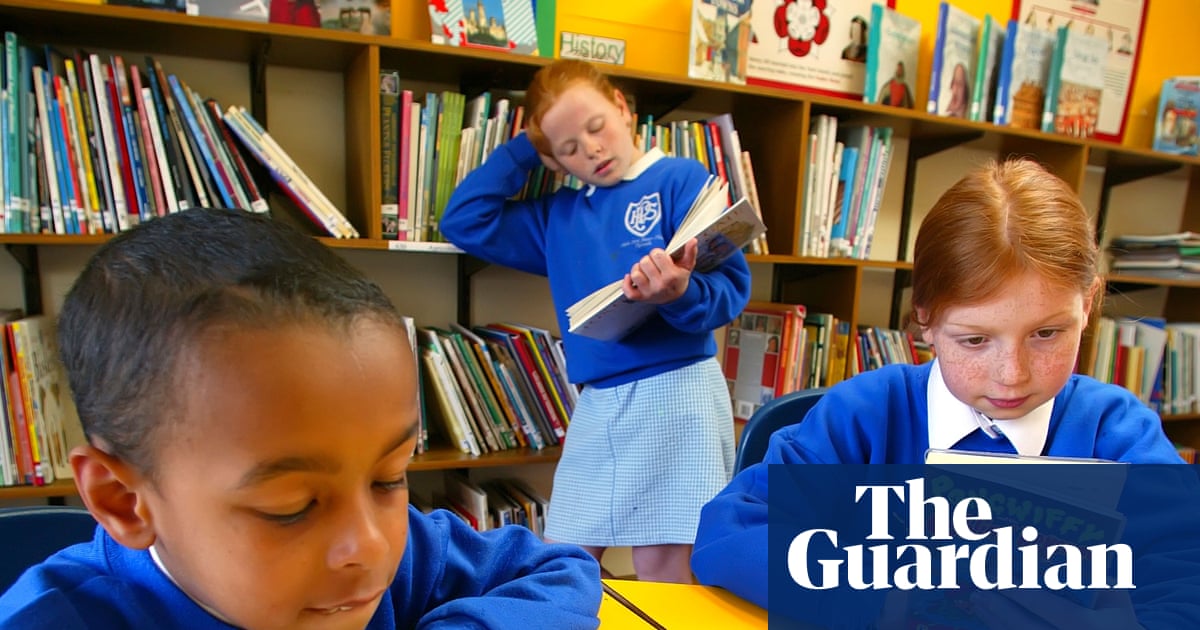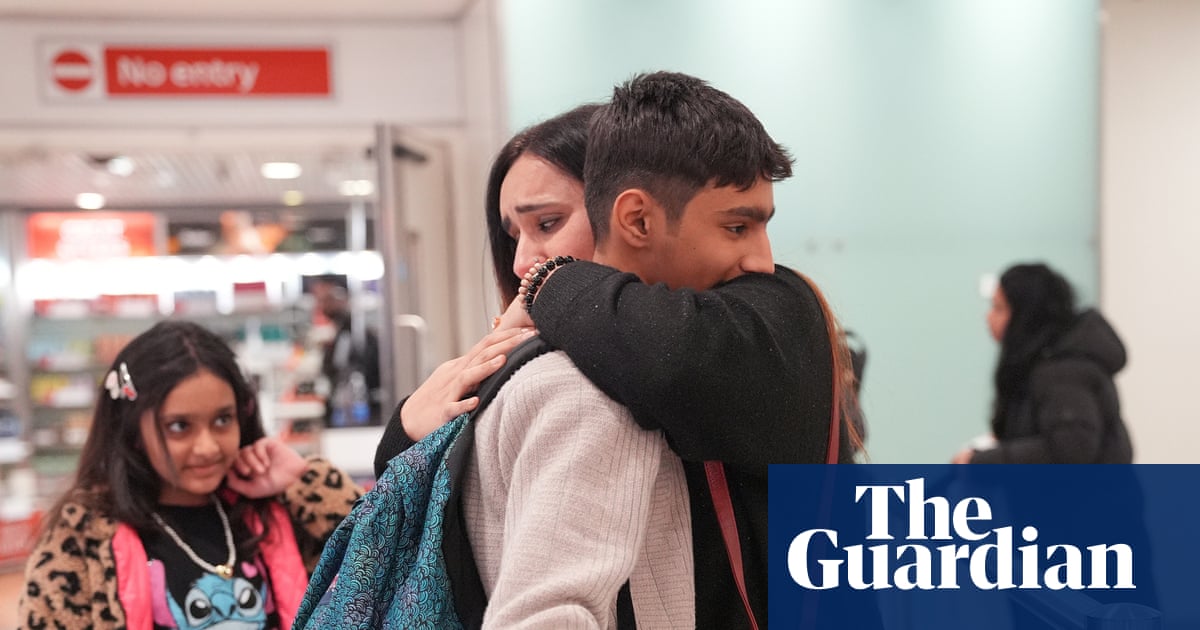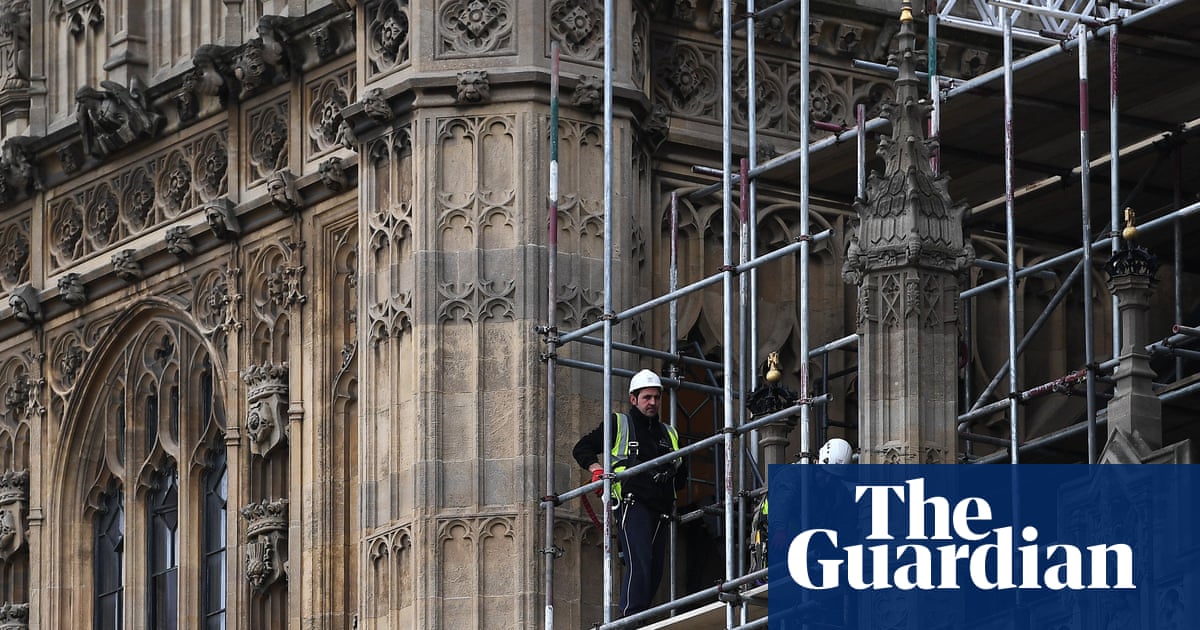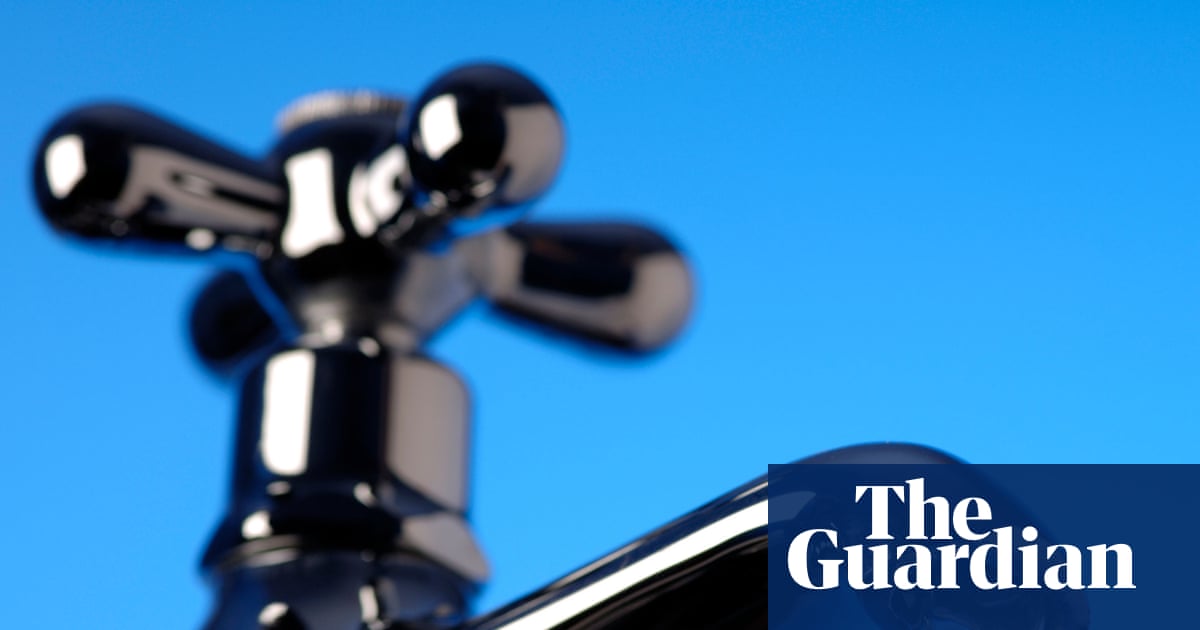After two years of brutal warfare in Gaza, a fragile ceasefire – the first phase of US president Donald Trump’s 20-point plan – offers some respite to an exhausted population. For my Unrwa colleagues on the ground in Gaza, the constant fear of being killed by bombs and guns may have abated, but there is still much to worry about – access to shelter, food and clean water remains challenging, and winter is approaching fast.
There is no time to lose in tackling widespread hunger and disease. The scale of physical and psychological trauma is immense, and expectations about access to healthcare and education are growing. The next weeks and months will determine whether this watershed moment will lead to a new dawn or be a prelude to greater despair.
The UN, including Unrwa, has the expertise and the resources to address critical humanitarian needs effectively and at scale. But we must be allowed to work freely and independently, without arbitrary and unreasonable restrictions on the entry and movement of supplies and personnel.
The path to recovery in Gaza will not be straightforward. The ceasefire is tenuous, with almost daily breaches testing the resolve of its guarantors. A ceasefire that merely prolongs the absence of war without charting a viable path to peace would only repeat the disastrous mistakes of the past. A truly peaceful future requires a genuine investment in a definitive political solution to the Israel-Palestine conflict.
Basic security is needed for recovery to take a firm hold. The ceasefire must be buttressed by an international stabilisation force mandated to maintain calm, protect critical infrastructure and guarantee humanitarian access. Such a force would create the necessary space for Palestinian institutions to be rebuilt.
The success of a stabilisation force, and the transition from emergency to stability, will also depend on providing Palestinians in Gaza with reliable public services and a credible pathway to peace and respect for human rights. This can only be accomplished through a capable civil service that has the trust of the community.
We have previously seen the consequences of underestimating the need to provide stable and effective public services – most strikingly in Iraq, when dismantling the civilian administration in 2003 created a governance vacuum that unleashed years of instability. Gaza’s professionals, administrators and community leaders must be part of the solution, not casualties of political resets.
Unrwa, with its thousands of Palestinian personnel, has the capacity, expertise and community trust required to provide healthcare, education and other public services to a devastated population. For decades, the agency’s teachers, doctors and engineers have formed a vital part of a functioning system of public services for millions of Palestinian refugees in Gaza and the region.
In its advisory opinion last month, the international court of justice reaffirmed the professionalism of Unrwa’s staff, underlined the agency’s indispensable humanitarian role and concluded that Unrwa remains an impartial and neutral actor.
Unrwa’s education services, including a well-regarded human rights programme, will be key to preventing the emergence of radicalism nurtured by the brutal siege on Gaza and the atrocities inflicted during the past two years. Nearly 700,000 children of school age are now living in the rubble, dispossessed not only of homes and loved ones, but also of education. Getting those children back into schools will be key to securing peace and stability for Gaza and the broader region.
Beyond humanitarian relief efforts and the resumption of public services, businesses and donors must be able to trust that peace will last, and that reconstruction efforts are not in vain.
The people of Gaza need the promise of a normal life, with permanent housing and functioning hospitals and schools. Rebuilding Gaza means restoring governance, justice and the broadly held conviction that peace is still possible within the parameters of a two-state solution.
after newsletter promotion
This requires that the deal’s “yellow line” – drawn for temporary security coordination – does not harden into more fragmentation with a new dividing line within Gaza and between Gaza and the West Bank.
Finally, the difficult but necessary work of reconciliation must begin without delay. Today, Israelis and Palestinians are neighbours who no longer know each other, divided by war, growing isolation and mistrust. It is both tragic and ironic, because they share a long and profound history of oppression, grief and loss that most of us could not begin to imagine or understand.
Reconnecting Palestinians and Israelis requires deconstructing the systematic dehumanisation that has enabled unconscionable atrocities. It requires acknowledging the decades-long oppression of Palestinians and the deep collective trauma triggered by the attacks of 7 October 2023 within Israel.
To achieve a lasting peace, justice needs to be delivered, and healing seriously addressed by both Palestinian and Israeli societies.
-
Philippe Lazzarini is commissioner-general of the United Nations Relief and Works Agency for Palestine Refugees in the Near East (Unrwa)

 3 months ago
106
3 months ago
106

